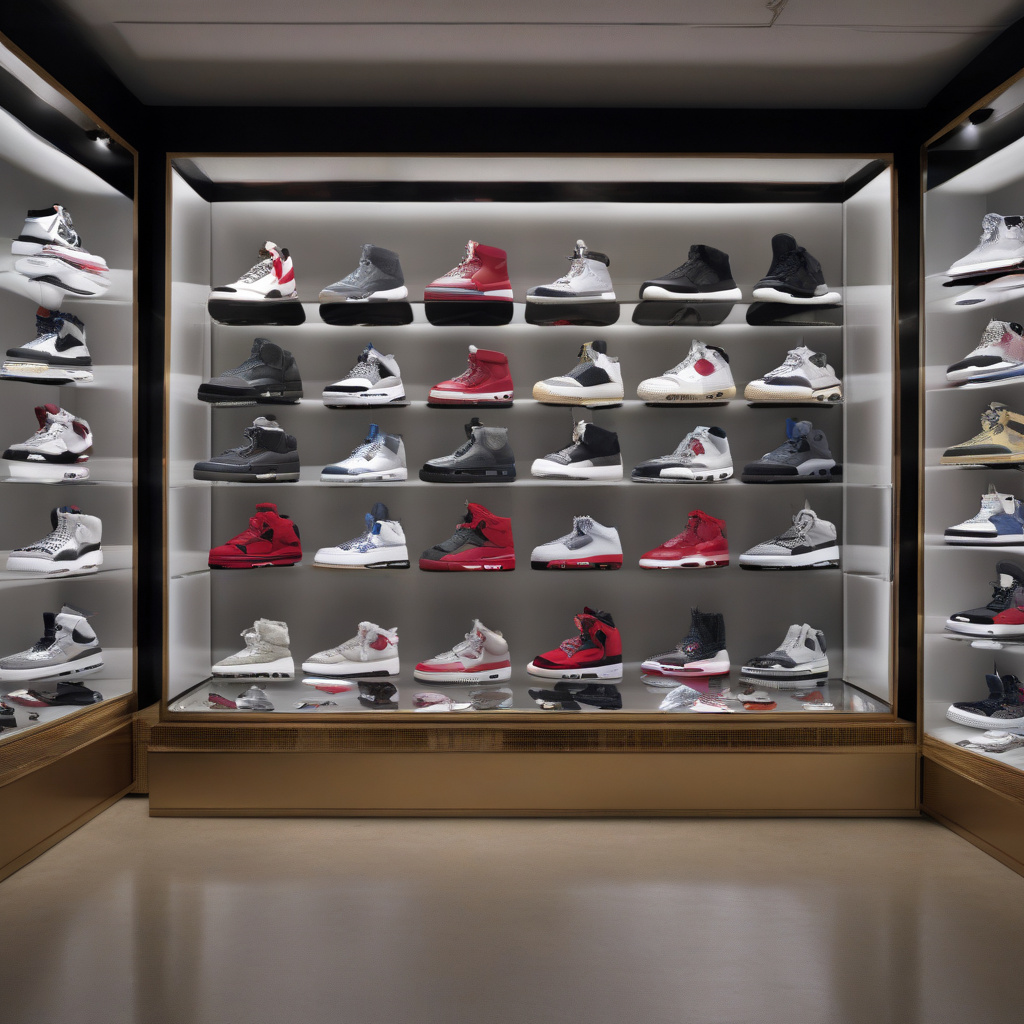Sneaker Resale Isn’t the Business It Used To Be
Sneaker resale, once a booming industry with skyrocketing premiums and high demand, is now facing a significant downturn. The top brands in footwear, such as Nike, Adidas, and Jordan, have all experienced a decrease in resale value, leaving resellers in a challenging position. This shift has forced those in the sneaker resale business to adapt and find new strategies to navigate these changing dynamics.
Premiums for sneakers are down across the board, with even the most coveted releases failing to fetch the prices they once commanded. This decline can be attributed to a variety of factors, including oversaturation of the market, changes in consumer preferences, and a shift in the way brands are releasing their products. As a result, resellers are finding it increasingly difficult to turn a profit and sustain their businesses.
One of the key reasons for the decrease in resale value is that the top footwear brands are just getting back to being interesting again. For a period, there was a sense of fatigue among consumers, with many releases failing to generate the excitement and hype that had become synonymous with sneaker culture. However, brands have begun to innovate and collaborate in new and exciting ways, reigniting interest in their products.
For resellers, this means having to rethink their approach to buying and selling sneakers. Instead of relying solely on the brand name or limited availability to drive up prices, they now have to consider factors such as design, innovation, and cultural relevance. Resellers who are able to anticipate these shifts and adapt accordingly will be better positioned to succeed in this ever-changing market.
In addition to changes in consumer preferences and brand strategies, resellers are also contending with the rise of platforms like StockX and GOAT, which have made it easier for buyers and sellers to connect directly. These platforms provide transparency on pricing and facilitate transactions, reducing the need for middlemen in the resale process. While this has made the market more efficient, it has also put pressure on resellers to offer competitive prices and exceptional service to stand out from the competition.
Despite these challenges, there are still opportunities for resellers to thrive in the sneaker resale market. By staying informed about trends in the industry, building strong relationships with buyers and sellers, and diversifying their inventory, resellers can position themselves for success. Additionally, focusing on unique and hard-to-find items, such as limited-edition releases or vintage sneakers, can help resellers attract customers and command higher prices.
In conclusion, while sneaker resale may not be the lucrative business it once was, there are still ways for resellers to navigate these new, murky waters. By staying agile, adaptable, and informed, resellers can overcome the challenges facing the industry and continue to find success in this ever-evolving market.
Sneaker Resale, Top Brands, Footwear, Resellers, Market Trends, Sneaker Culture










